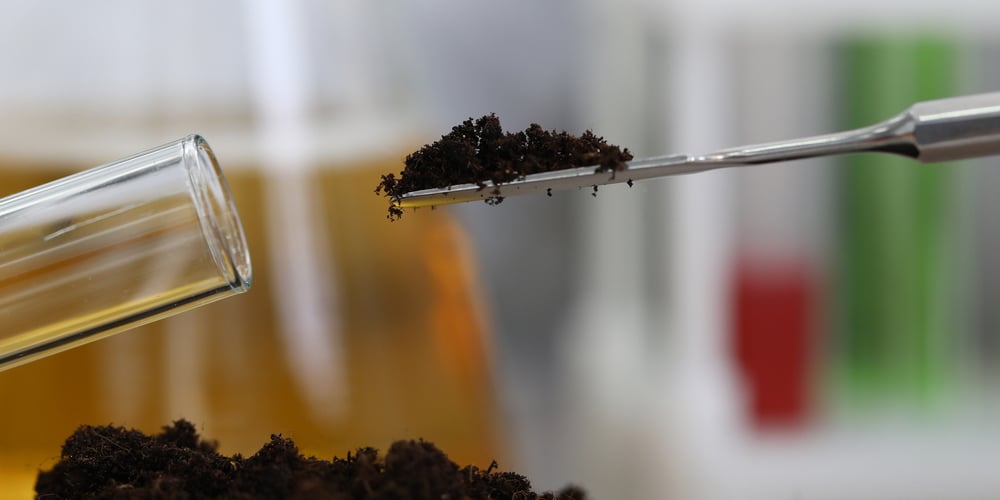Did you know that the soil pH can affect the growth of lavender plants? What is the perfect lavendar soil pH range? Lavender is a beautiful and versatile herb that can be used for various purposes, from aromatherapy to cooking. To get the most out of your lavender plants, it’s essential to understand the basics of soil pH and how to adjust it if necessary. In this article, we will discuss what it means to have a high or low pH and some tips on how to adjust your own. We hope that you will have learned all about lavender growing requirements by the end of this post!
Lavendar Soil pH range: Soil Requirements Of Lavender

Lavender plants are a beautiful addition to any garden, and they can be grown in a wide variety of soils. However, there are a few things you need to know about the soil requirements of lavender plants to ensure their success.
First, lavender plants prefer slightly alkaline soil with a six- and eight pH. If your soil is too acidic, you should add lime to it to raise the pH. You can also choose a different variety of lavender that will be more suitable for the soil conditions you have on hand, such as L. multifida or L. dentata ssp. coronopifolia.
Second, lavender plants need plenty of sun and well-drained soil. They will not do well in wet or waterlogged soils, so make sure to plant them in a location where they will get at least six hours of sunlight each day.
Finally, lavender plants require very little maintenance and can be left alone for most of their lives. However, it would help if you pruned them every year to ensure healthy and growing well.
How Do You Know If Your Soil Is Too Alkaline Or Acidic?
Most plants have a preferred soil pH range in which they grow best. You can use a home soil testing kit to determine your soil’s pH level or send a sample to your local Cooperative Extension office for analysis. Soil pH is measured on 0-14, with 0 being the most acidic and 14 being the most alkaline. Most plants prefer a soil pH of between six and seven. Lavender soil pH should be between 6.5 to 8.
How To Grow Lavender In Different pH Levels
Lavender plants are popular garden additions due to their beautiful blooms and sweet scent. But growing lavender isn’t always straightforward, especially if you have an ample space for planting or plan to sell your lavender flowers or essential oils. One of the most important aspects of planting any crop is knowing its soil pH requirements.
If your soil is too acidic: If your soil is too acidic, you will need to add lime to the soil to raise the pH level. Add about a pound of lime for every 100 square feet of a garden bed.
If your soil is too alkaline: If your soil is too alkaline, you will need to add sulfur or aluminum sulfate to the soil to make it more acidic. Add about a pound of sulfur for every 100 square feet of a garden bed.
How To Grow Lavender In Different Soil Types
If you have sandy or loamy soil: Lavender plants prefer well-drained soil, so this is perfect for them if you have sandy or loamy soil. Make sure to plant your lavender in a location that gets at least six hours of sunlight each day and will not be too wet during the rainy season.
If you have clay soil: Clay soil is not ideal for growing lavender plants, as it can be waterlogged and does not drain well. However, if you are determined to grow them in clay soil, make sure to amend the soil with some organic matter such as compost or peat moss. This will help to improve the drainage and aeration of the soil.
If you have heavy or compacted soil: If your soil is heavy or compacted, you will need to loosen it up before planting your lavender plants. This can be done by using a digging fork, rototiller, or even just your hands. Once the soil is loosened, mix in some organic matter to help improve the drainage and aeration.
Lavendar Soil pH range: Conclusion
Now that you know a little bit more about the soil requirements of lavender plants, you can choose the suitable variety for your garden and ensure their success!
